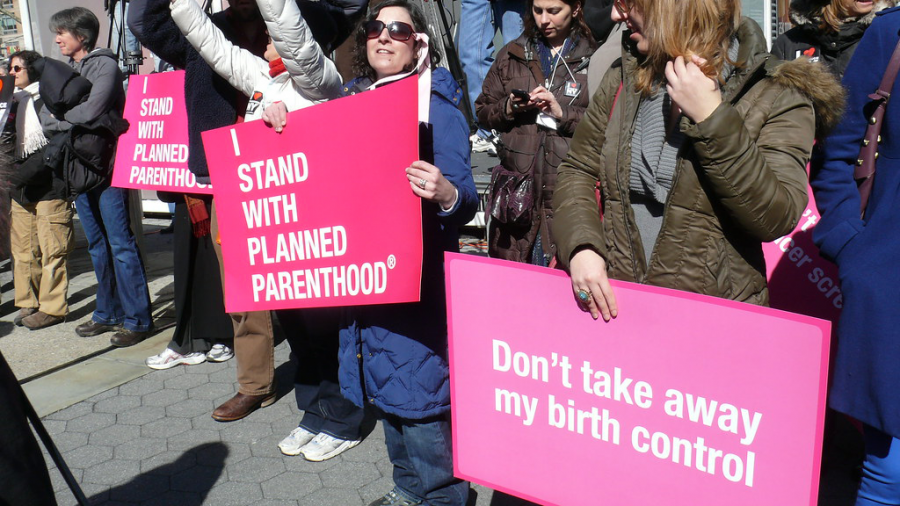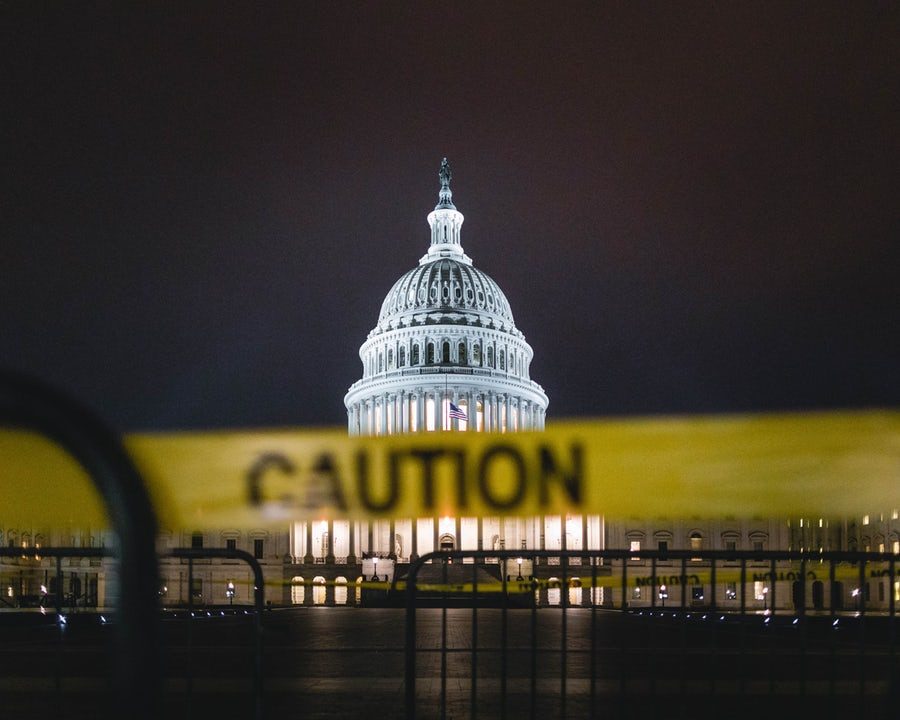The Dangerous Effects of Today’s Pop Culture on Young Girls
March 29, 2023
The oversexualized nature of Western society and pop culture establishes a forced choice in sexual identity, encourages grooming and underage relationships, and leads to the mentality that a person’s self-worth is tied to their desirability.
In today’s modern society, most traditional media forms including, news, movies, tv shows, music, and magazines, are largely image based. A large part of that media contains, to a certain degree, sexual themes. More specifically, the media is tailored to a heterosexual view of women, which objectifies them as items for desire. The media also glamorizes the idea that the “perfect” woman must have a skinny waist, a big chest, large hips, no body hair, and a symmetrical face. When a person is continuously exposed to these types of images, it creates a hyperawareness to things of a sensual, sexual nature.
This continued narrative, creates two main choices for teenage girls, who grow up viewing women with overemphasized sexual features as a guide on how to act, look and portray themselves. One, to conform to these misogynistic beauty standards and wear clothing that highlights their physical features in order to garner societal validation. Or, to choose to hide herself and her body from others while fighting for the attention that teens thrive on. Girls grow up with the perspective that being attractive is the most vital quality of a woman, which makes these options less of a choice and more of a submission. The lack of choice is seen in popular clothing trends which include low-rise jeans, cropped shirts, daisy dukes, tube tops, chokers, and whale tails.
More concerning though, this message has quickly spread to younger girls, who have yet to hit puberty. Stephanie Pappas, psychologist with LiveScience writes, “One third of girls’ clothing sold at 15 major retailers has sexualizing characteristics, which can encourage girls to view themselves as sex objects at an early age.”
In addition, Hollywood has played a large role in the fetishization of adolescents. In most TV shows made for teenagers, e.g., Gossip Girl and Euphoria, it is not uncommon to see various sex scenes between two underage high school characters. In Euphoria, there is both male and female nudity; however, it is mainly the female characters that have long, focused body shots and glitter on every portion of their body. While these scenes normalize sex and having hook ups as normal teenage behavior, it also forces the message for teens watching, that they should be having sex to be normal, even if they aren’t ready or don’t feel comfortable.
Another problem these TV shows demonstrate often, is the romanticization of adult and minor relationships. In Pretty Little Liars, one of the main relationships is between 16-year-old Aria and her 25-year-old English teacher, Ezra. The couple continues their secret, criminal relationship throughout the entirety of the show, despite all the issues over maturity they encounter. The show alludes to them sleeping together multiple times; even though, Aria is underage, and Ezra is aware her underage status. In the end, the two get married and plan to have children together; however, the whole relationship is depicted in a romantic light and glosses over the rape, grooming and major power imbalance in favor of appealing to a sense of taboo and forbidden love in the young viewers.
This theme of student teacher relationships is also seen in another show targeted to a teenage audience, Riverdale. The relationship is between 15-year-old Archie, and his mid-30s music teacher, Geraldine. Their relationship started as a summer fling, and continued into the school year until Geraldine was blackmailed and left town before her blackmailer could expose her to the cops. It wasn’t until years later that Archie realized the extent to which he was groomed and raped by the teacher he trusted the most. The problem with these TV shows and its usage of the teacher-student relationship trope, is that it dilutes minors’ views of rape and frames it as a highly romantic and sensual experience. It further warps the perception of a healthy relationship in a teenager’s naive mind, making them more accepting of abusive, harmful, and imbalanced relationships.
All these factors have collectively led to a dangerous mindset in young girls, where their sense of self and identity is largely based on their attractiveness and desirability, which produces other mental issues such as low self-esteem, poor body image, and anxiety in young girls who are so committed to becoming the “ideal girl.” Girls are trying to accelerate their maturity and appear an older age, because they want to be seen as a woman to cement their place in society.
With pop culture revolving around the oversexualization of women, it establishes a skewed belief that serious domestic crimes are romantic, emotional manipulation is healthy, and societal expectations should be followed, in young teenage girls.
In order to combat the oversexualization of females, Hollywood needs to take accountability for all the toxic messages they’re promoting through these shows and movies, by acknowledging how it is damaging for a young person’s mindset. Along with putting a stop to portraying power imbalanced, teacher-student relationships as desirable or normal and instead portray it as rape. The content that is being put out should also come with a disclaimer to viewers about the unrealistic portrayal of mature subjects. Parents should also do some research behind what their kids are watching and decide if it is appropriate for their child to view.
















